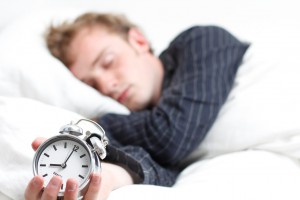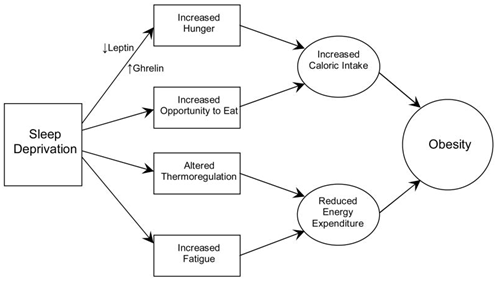 The Inspire Fitness training philosophy is focused on personally-tailored, expertly-prescribed exercise coupled with healthy lifestyle habits, to ensure that our clients receive complete health and wellbeing solutions. For many of our clients, the major focus of their training is to lose weight. The reasons people want to lose weight range from aesthetic purposes, to wanting to feel better about themselves, to improving their health, and to managing a particular health condition. However, the percentage of the Australian population with obesity has reached epidemic proportions over the past 10 years.
The Inspire Fitness training philosophy is focused on personally-tailored, expertly-prescribed exercise coupled with healthy lifestyle habits, to ensure that our clients receive complete health and wellbeing solutions. For many of our clients, the major focus of their training is to lose weight. The reasons people want to lose weight range from aesthetic purposes, to wanting to feel better about themselves, to improving their health, and to managing a particular health condition. However, the percentage of the Australian population with obesity has reached epidemic proportions over the past 10 years.
A frustrating part of the weight loss process is that, though the cornerstones to a healthy approach include exercising regularly and eating a balanced diet, these are not the only two factors involved in the process. For example, concurrent with the trend in obesity is a similar increase in the prevalence of chronic sleep deprivation: only 26% of adults obtain the recommended 8 hours of sleep per night. Chronic sleep deprivation is defined as insufficient restorative sleep over a cumulative period, and has been linked with feelings of fatigue. Feeling fatigue often leads to reduced physical activity, and neurohormonal changes that increase caloric intake.
A systematic review of the literature has found eleven studies reporting a clear association between short sleep duration (sleep deprivation) and increased weight. These studies highlighted a link between a lack of sufficient sleep, and an increased risk of obesity and a higher body mass index (BMI). The potential mechanisms by which chronic sleep deprivation may increase body weight are summarised in Figure 1.

One mechanism in which sleep loss comprises your weight loss is through an increased drive to eat. This suggests that sleep deprivation may impact peripheral regulators of hunger (e.g., hormones). Specifically, sleep deprivation has been found to correspond with increases in ghrelin (a hormone that stimulates hunger) and decreases in leptin (a hormone that triggers decreased feelings of hunger). The combined effect of these changes is a considerable increase in your drive to eat!
 Increased fatigue from a lack of sleep is another mechanism which may result in increased body weight. Tiredness from not having enough restorative sleep may lead to a decrease in physical activity, as people are less likely to exercise when tired. Combined with this feeling of fatigue is the increased opportunity to eat. If people are awake for more hours during the day and engaging in sedentary activities, there is an increased likelihood of snacking and feeling hungry. Research has also shown that sleep deprivation causes a decrease in core body temperature. A drop in core body temperature may result in decreased energy expenditure through thermoregulation processes.
Increased fatigue from a lack of sleep is another mechanism which may result in increased body weight. Tiredness from not having enough restorative sleep may lead to a decrease in physical activity, as people are less likely to exercise when tired. Combined with this feeling of fatigue is the increased opportunity to eat. If people are awake for more hours during the day and engaging in sedentary activities, there is an increased likelihood of snacking and feeling hungry. Research has also shown that sleep deprivation causes a decrease in core body temperature. A drop in core body temperature may result in decreased energy expenditure through thermoregulation processes.
Other conditions associated with sleep deprivation include chronic pain syndromes, and psychiatric disorders such as depression. These conditions may also limit an individual’s ability to be physically active.
Historically, no factor has been more closely associated with better sleep quality and sleep quantity than regular exercise. Exercise increases energy expenditure, increases tissue breakdown and regeneration, and regulates body temperature. All of these aspects are essential to ensure a restorative sleep. Therefore, exercise is a powerful factor not only in your weight management success, but in getting a good night’s sleep.
Interested in learning more about the effects of sleep on your health? Click through to read our recent blog posts on sleep:
How Does Sleep Affect Your Health And Fitness?
The Secret To Better Sleep: An Infographic
